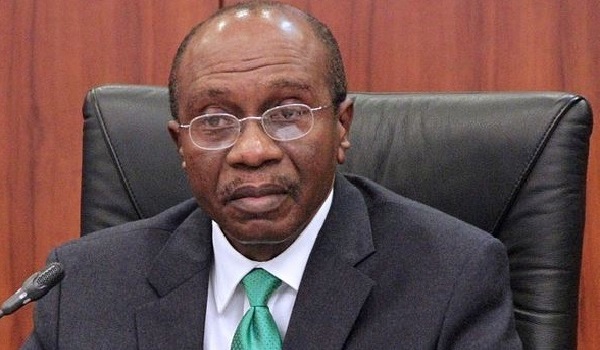Business
NESG urges CBN to stop multiple exchange rates, says it hurts economy

The Nigerian Economic Summit Group (NESG) has urged the Central Bank of Nigeria (CBN) to find a solution to the country’s multiple exchange rates to attract tangible Foreign Direct Investments (FDIs) into Nigeria.
The call was part of a communique from the meeting of the Board of Directors of the NESG held over the weekend.
Part of the Communique reads: “The failure to address the prevailing condition of multiple exchange rates continues to reduce the much-needed flow of foreign investments and official diaspora remittances.
“International investors, being savvy and rational, will not invest where there is a real risk to their ability to access and repatriate investment proceeds or when the functional currency is in sporadic depreciation. Multiple foreign exchange (FX) markets with significant price differentials create room for speculation, round-tripping, cronyism and outright graft – with an attendant adverse effect on the economy,” the NESG said.
The group said there was no better time to harmonise the FX rates than now.
Read also: World Bank criticizes CBN exchange policies, says it’s hindering investors
On the country’s rising debt, NESG urged the federal government to “Return to the path of debt sustainability in the face of dwindling revenues not to create a debt burden for future governments.
It added that “Nigeria must prioritise expenditure, limit our spending to items we can sustain and eliminate wastage and graft in government. Governments, across all tiers, should lead by example through a drastic reduction in governance costs (such as running costs of the legislatures, the proliferation of government agencies, etc.) to reflect the austere times we face,”
Speaking further, the NESG advised the federal government to find a lasting strategy on how to remove subsidy, which has taken a deep toll on the country’s revenue.
“The proposed Medium Term Expenditure Framework of the federal government clearly indicates that the rising fuel subsidy costs continue to exceed unsustainable levels. According to reports from the Federal Ministry of Finance, Budget and National Planning, it is clear that the current fuel subsidy regime’s debilitating impact on our fiscal fragility cannot be overstated.
“We urge the federal government to explore a systematic subsidy removal programme that cushions the impact on our most vulnerable population through a well-coordinated and effectively transmitted social protection regime,” the group further stated.
Join the conversation
Support Ripples Nigeria, hold up solutions journalism
Balanced, fearless journalism driven by data comes at huge financial costs.
As a media platform, we hold leadership accountable and will not trade the right to press freedom and free speech for a piece of cake.
If you like what we do, and are ready to uphold solutions journalism, kindly donate to the Ripples Nigeria cause.
Your support would help to ensure that citizens and institutions continue to have free access to credible and reliable information for societal development.






















